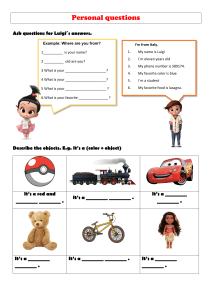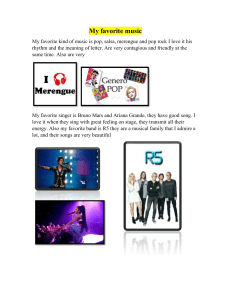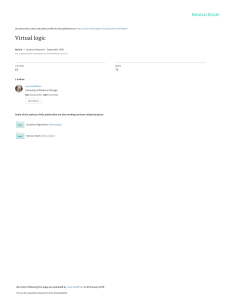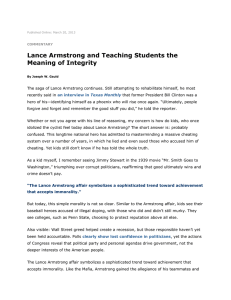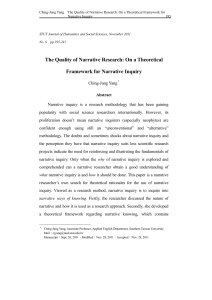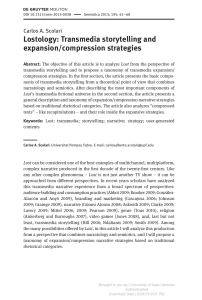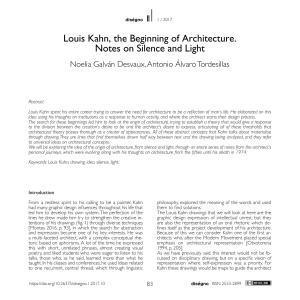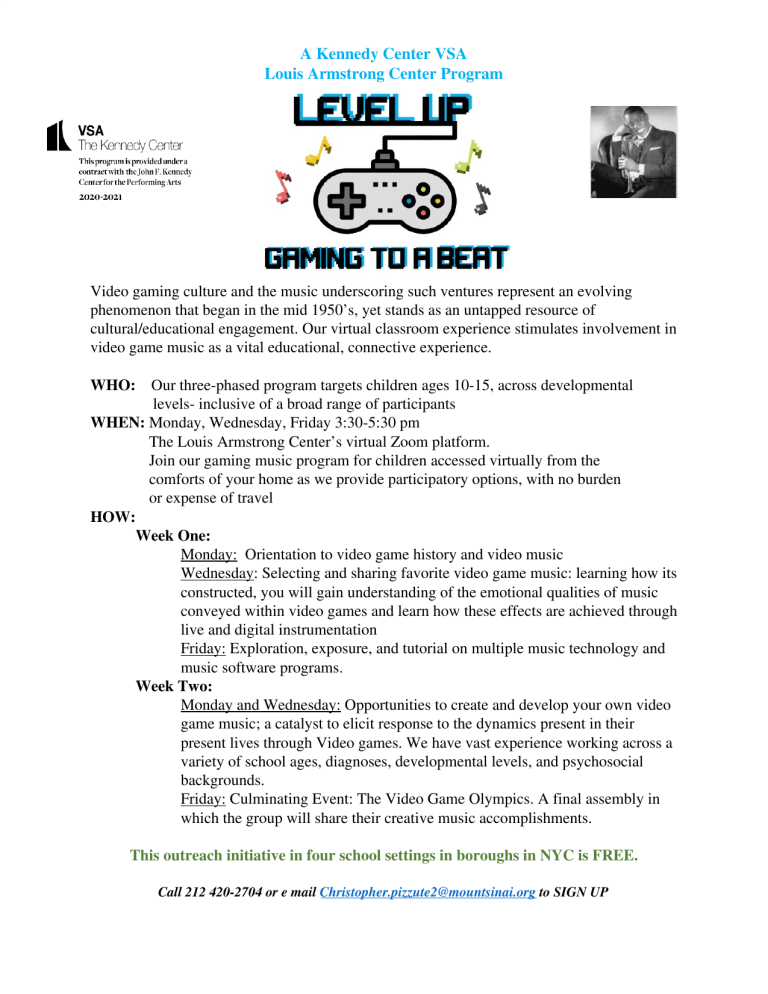
A Kennedy Center VSA Louis Armstrong Center Program Video gaming culture and the music underscoring such ventures represent an evolving phenomenon that began in the mid 1950’s, yet stands as an untapped resource of cultural/educational engagement. Our virtual classroom experience stimulates involvement in video game music as a vital educational, connective experience. WHO: Our three-phased program targets children ages 10-15, across developmental levels- inclusive of a broad range of participants WHEN: Monday, Wednesday, Friday 3:30-5:30 pm The Louis Armstrong Center’s virtual Zoom platform. Join our gaming music program for children accessed virtually from the comforts of your home as we provide participatory options, with no burden or expense of travel HOW: Week One: Monday: Orientation to video game history and video music Wednesday: Selecting and sharing favorite video game music: learning how its constructed, you will gain understanding of the emotional qualities of music conveyed within video games and learn how these effects are achieved through live and digital instrumentation Friday: Exploration, exposure, and tutorial on multiple music technology and music software programs. Week Two: Monday and Wednesday: Opportunities to create and develop your own video game music; a catalyst to elicit response to the dynamics present in their present lives through Video games. We have vast experience working across a variety of school ages, diagnoses, developmental levels, and psychosocial backgrounds. Friday: Culminating Event: The Video Game Olympics. A final assembly in which the group will share their creative music accomplishments. This outreach initiative in four school settings in boroughs in NYC is FREE. Call 212 420-2704 or e mail [email protected] to SIGN UP A Kennedy Center VSA Louis Armstrong Center Program For Parents & Teachers…. GOALS: A. To increase children’s knowledge of music through a familiar medium, through the fostering of educational instruction based on creativity and music learning initiatives that build opportunities for self-expression and self-esteem. B. Through immersion in a familiar medium that engages visual, auditory, and tactile fields, as well as cognitive function, children will deepen their appreciation for a medium that is indelibly part of their life world. C. To increase their knowledge of video game culture and history, instrumentation and production, and gain agency and mastery in how video game music is created and the functions such music serves within the games. LAYERS OF LEARNING: A. Arts learning Direct examination of the construction of video games and video game music will afford children the unique opportunity to engage with the creative and dynamic process of the genre itself. Children will be stimulated and directly involved in the production of music used in this culturally familiar genre. The conceptualization of music that matches the emotional content of the game, and the development and realization of that idea will foster a sense of creative purpose while building self-confidence, self-esteem, and cultivate an aptitude for musical expression and artistic impression. On an academic level, children will learn about the artistic medium of music composition, music technology, computer technology, and music instrumentation. In regard to social and emotional learning, the children will be encouraged to work together in creating music and dialogue inside actual video games and engage in critical thinking about how music works as an amplifier of emotion in video games. Students will be introduced to culture, music composition, music technology and will engage in visual/cooperative learning, experimentation, with focused exploration. They will engage in active recreation and creation of music. B. Academic learning Through visual and cooperative learning exposure, and immersion in creative activities, children will be encouraged to think critically about the construction of music within a forum of inquiry-based instruction, assessing how concepts are understood through their gaming play. They will be taught through pedagogical approach informed by individual activities and will be differentiated addressing each student’s needs. Students will engage in strategic learning steps at their own pace. Opportunities will be afforded to children of diverse backgrounds and each child will be taught using a pedagogical approach informed by individual assessment of his/her unique capacity. Each student will participate at his/her own pace and level of comfortable involvement in the process. E. Social/Emotional Learning: Students will engage in didactic experiences focused on emotional meaning, personal, and external context. Students will interpret emotional, personal, and external contexts while examining video game music. Students will engage in verbal discourse about emotional, personal, and external concepts. The first key experience is active listening, sharing, and critical thinking. Children will listen to video game music, share their favorite games, and share their thoughts about what the music in the game accomplishes for them as both player and listener.(meta-analytic learning) A second educational activity is aimed at presenting the concept of music and its connection to narrative through a creative experience will involve Story Song. This is an experience where the instructor provides a prologue to a story and poses questions to the children to drive the narrative forward with the instructor creating and improvising music with the children’s input, in response to the narrative suggestions and arches proposed by the children. This activity encourages engagement, cooperation, turn taking, and exposure to musical suggestion, leading toward incentive and leadership. There will be re-creation exercises where children will be encouraged to recreate music from their favorite games by assigning instruments and melodies based on each child’s aptitude. This process will subsequently be deepened when children are asked to create their own music by reimagining music to assigned video games. The primary aim of this educational program encourages learning through engagement across the program’s duration. Growth be assessed through non-standard pre-test post-test mechanisms involving 13 Areas of Inquiry (Loewy, 2000) whereby each student’s learning engagement will be assessed according to measurement comparison of their own level of engagement at the beginning and end of the program. The fluidity of this program will afford opportunities to modify goals of engagement throughout the course of the program. Evidence of growth will be assessed through monitored levels of engagement during activities. Students will continuously be encouraged and supported in their review and retention of terminology, concepts, and fundamentals of gaming technology and music. Developmentally designed assignments will be given approximately every two weeks to students with encouragement to work both in groups and individually. The Louis Armstrong Center for Music and Medicine’s mission is to provide opportunities for learning, support, and self-growth through supportive, culturally enriching and healing qualities of creative music making. Addressing children’s growth through a family system has been a stalwart focus of the center since its founding in 1994. The center’s work has honored a hallmark feature of Louis Armstrong, the belief that every human being should have access to music and the rewards music affords; most specifically within the community, including schools and hospital-based settings. The center has sustained this vision through its enduring outreach which started in 2004.
